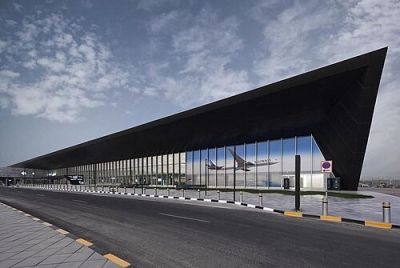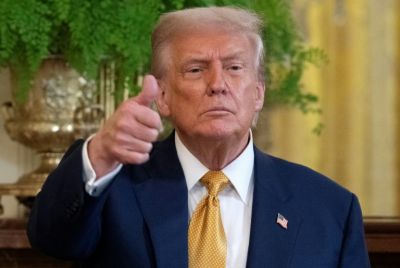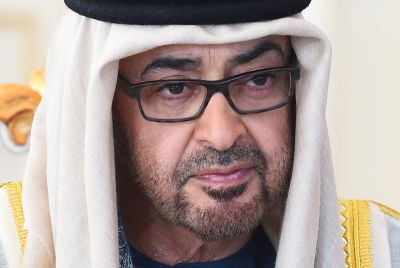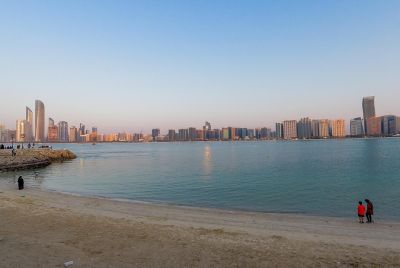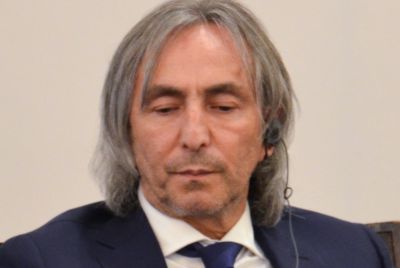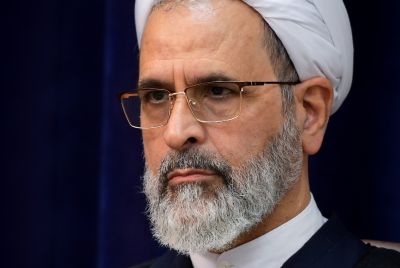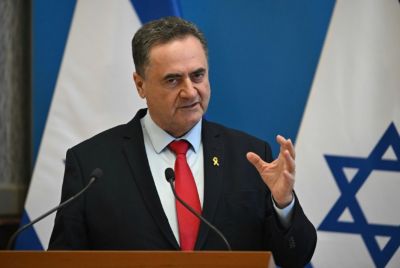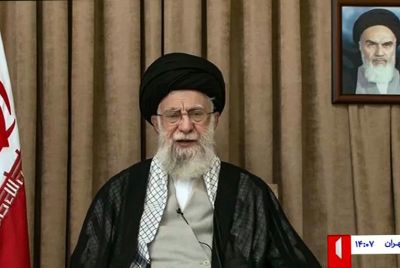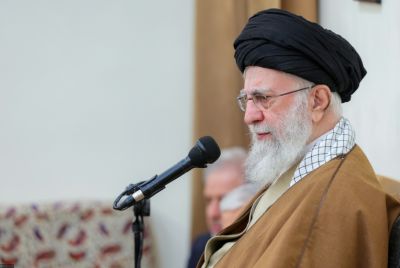Obama to lose big Arab allies
The sense of fear and anxiety underlined the dilemma facing Washington, which is working behind the scenes to push Mubarak aside without terrifying autocratic allies in the region.
The Mubarak regime for decades has been connected with the US, but since the protest, the Obama administration made clear that it was not taking sides. This week, Washington dispatched its envoy, retired diplomat Frank Wisner, to Cairo to deliver its message.
In a four-minute statement delivered from the White House, President Barack Obama said that the Egyptian leader "recognizes that the status quo is not sustainable and that a change must take place.
But the US leader stressed "an orderly transition must be meaningful, it must be peaceful and it must begin now."
Late Tuesday, Mubarak said in a national address he would end his career "for the sake of the nation" and use his remaining months in power to work toward a "peaceful transition of power."
The protests rocking Egypt could change the political landscape of the all the Arab countries and beyond.
Analysts say if Mr. Mubarak in Cairo and the Saudi royals were both to be ousted, Iraq would emerge as the most important U.S. ally in the region.


